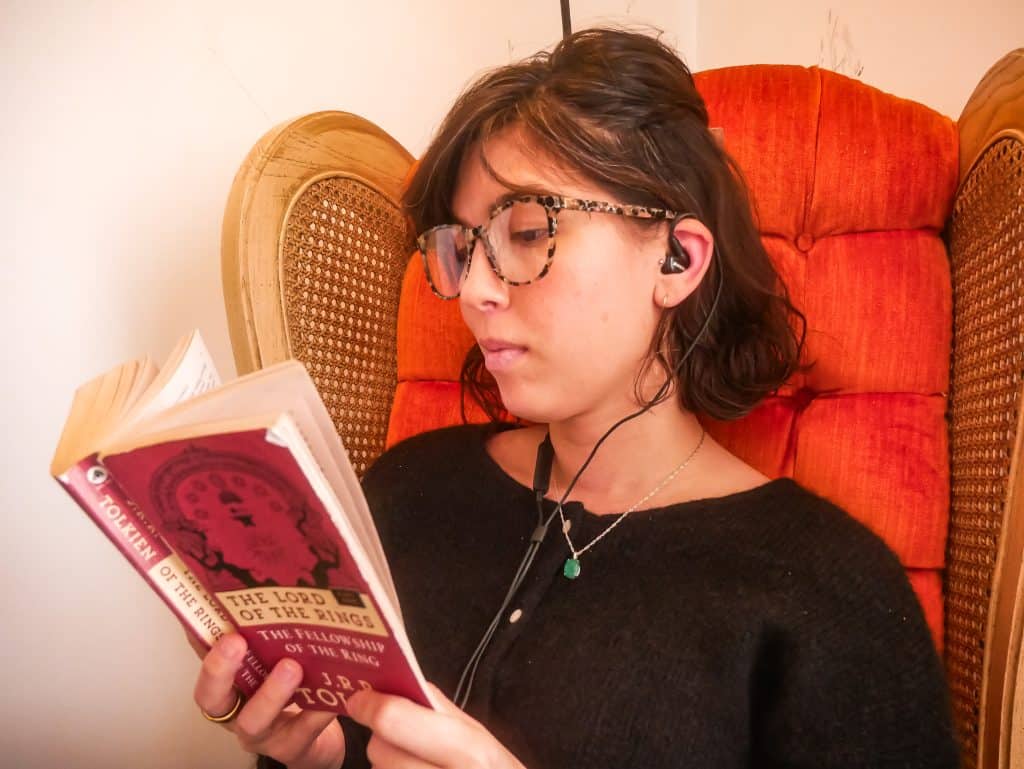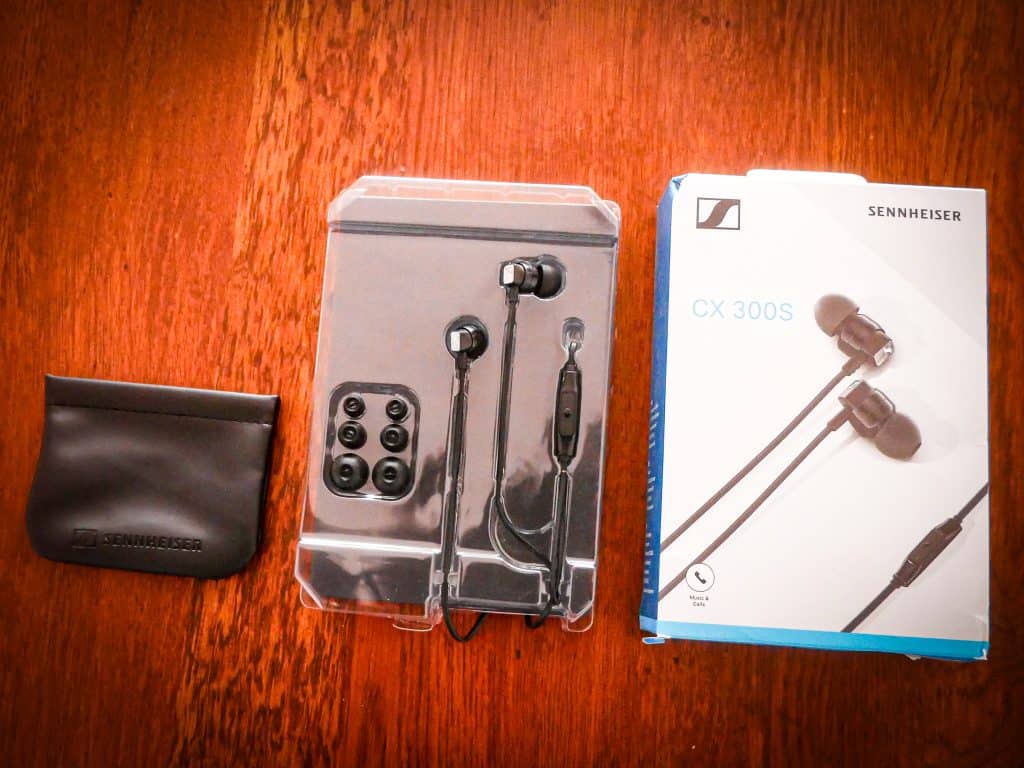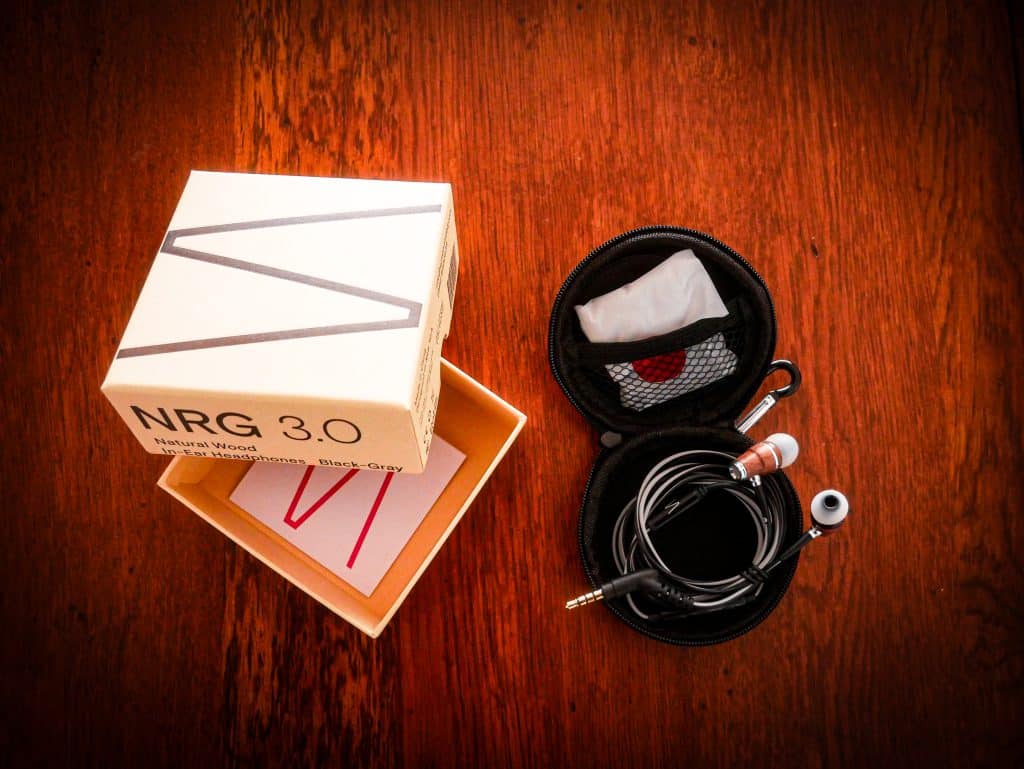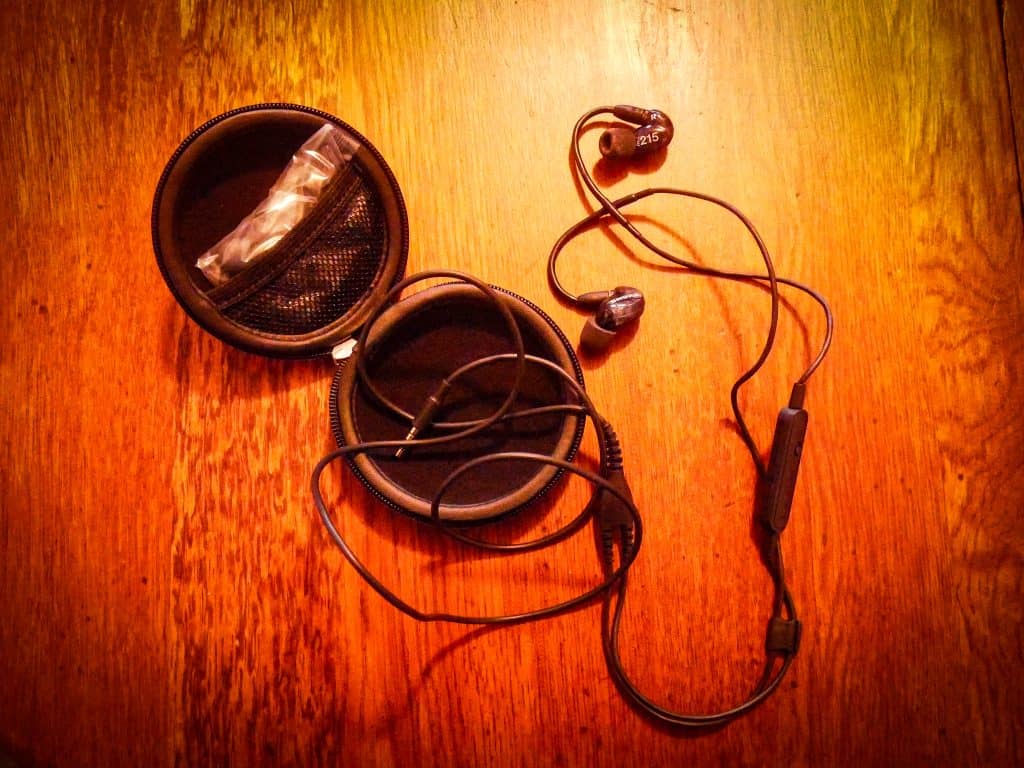Choosing the Best Headphones While Traveling
Why Travelers Should Consider Auxiliary Cord Headphones Over Bluetooth Models
In the world of personal audio, Bluetooth headphones, like AirPods, are celebrated for their wireless convenience, compact form, and minimalistic design. However, while these features are appealing, there are compelling reasons to consider the often-overlooked auxiliary cord headphones, especially for frequent flyers. Indeed, while traveling, headphones with auxiliary cords often offer benefits that Bluetooth models cannot match.

Why Auxiliary Headphones Are Essential for Air Travel
Finding a good pair of wired headphones can feel like searching for relics in the digital age. But before you dismiss them as outdated, consider the unique advantages they offer, particularly for travelers. Here are a few reasons why auxiliary headphones should make your packing list when considering headphones for traveling:
- No Charging Required: One less gadget to charge can be a relief. Traveling not only involves keeping track of many things such as toiletries, clothes but also many devices, and not worrying about your headphones dying mid-flight is a convenience worth considering.
- Ease of Connection: If your inflight entertainment system includes a screen, plugging in with an auxiliary cord is straightforward—no adapters needed. While Bluetooth adapters exist, they require charging, adding to your list of responsibilities while headphones traveling can be simpler.
- Cost-Effectiveness: Instead of spending $10 on low-quality headphones during flights, which are often discarded afterward, investing in durable, wired headphones is not only more economical in the long run but also better for the environment. They’re also generally less expensive than their Bluetooth counterparts, so losing them during your travels won’t be as painful financially.
- Compact Design: Often, wired headphones are lighter and less bulky than their over-the-ear Bluetooth counterparts, making headphones traveling simpler and more comfortable.
- Health Considerations: Although the health implications of Bluetooth radiation are not conclusively established, if you have concerns, sticking with a wired option can give you peace of mind.
Features to Consider in Auxiliary Headphones
When choosing the best auxiliary headphones for traveling, consider these key features:
- Sound Quality: High fidelity sound is a must for enjoying music or movies during long flights, especially when using headphones for traveling.
- Noise Reduction: Look for headphones that specify how many decibels (dB) they can cancel, ensuring a quieter and more enjoyable listening experience.
- Integrated Microphone: A built-in mic can make a world of difference, especially when you need to make calls or attend virtual meetings during layovers.
Exploring the Market for Quality Auxiliary Headphones in 2025
As we move deeper into the digital age, finding a pair of high-quality auxiliary headphones that offers superior noise reduction and includes a microphone can be surprisingly challenging. It feels like just yesterday these were the norm. If you manage to find a good pair, hold onto them—they might become even rarer in the next decade.
Through extensive research and personal testing, I’ve discovered three auxiliary headphones that excel not only in travel scenarios but also in everyday use. It’s important to note that these earbuds offer passive noise isolation through their in-ear design, rather than active noise cancellation technology. Nonetheless, they make great headphones for traveling.
1. Sennheiser CX 300S Ear-Canal Headphones with Universal Smart Remote
Founded in 1945 in Germany, the company has built a reputation for premium sound engineering, innovation, and durability. While the exact decibel reduction isn’t specified, the microphone quality and overall sound fidelity are exceptional. The case is actually really awesome too! Priced at $43.91, they offer remarkable value for their performance, particularly for those who need headphones for traveling.

2. Symphonized Wired Earbuds with Microphone
For those who seek functional auxiliary headphones without the frills and with an eye on budget, these earbuds are ideal. While they don’t specify the exact noise reduction, they claim to cancel out 90% of ambient noise. There’s also a convenient case with a carabeaner that makes it easier for storing. Features like track skipping, volume control, and Voice Control responsiveness are all integrated, making them a steal at just $29.99.

3. Shure AONIC 215 Wired Sound Isolating Earbuds
I really hesitated in ordering these because of the price, but once I tried them, they were clearly the winner. With a history rooted in top-tier audio engineering since 1925, Shure’s AONIC 215 earbuds deliver outstanding sound isolation, canceling out 37 decibels of noise—significantly more than the second-generation AirPods Pro at 27 dB. Though, I liked the Sennheiser and Symphonized cases more, but that did not deter from keeping these headphones. The clarity of the microphone makes them worth the $99 investment, placing them among the best wired options available.

Connecting Wired Headphones to Modern Smartphones
We all remember the stir Apple caused in 2016 when they removed the headphone jack starting with the iPhone 7. This decision marked a significant shift, pushing many towards wireless options. However, if you’re sticking with wired headphones, you’ll likely need an adapter to connect to newer smartphones. Thankfully, these adapters don’t require charging and are straightforward to use, which simplifies things a bit for headphones traveling. Unfortunately, there isn’t a one-size-fits-all solution; the type of adapter you need depends on your phone’s specific ports—whether it’s a USB-C or a Lightning connector. For reliable performance, I highly recommend the brand UGREEN for these adapters. They offer durable and efficient connections, ensuring your listening experience remains uninterrupted. It’s another aspect that makes headphones traveling convenient.


By choosing to invest in one of these recommended models, you not only opt for reliability and convenience but also support products that might become less common as technology advances. While Bluetooth devices continue to dominate the market with their wireless appeal, the enduring charm of wired headphones is hard to overlook, especially for those who value simplicity, effectiveness, and historical continuity in their personal audio choices.



